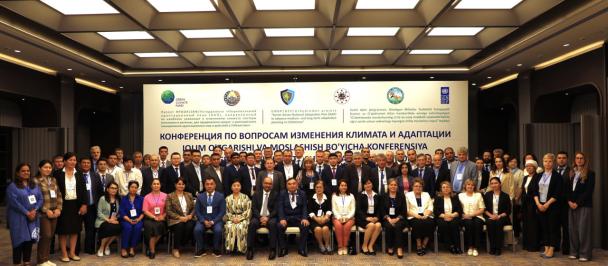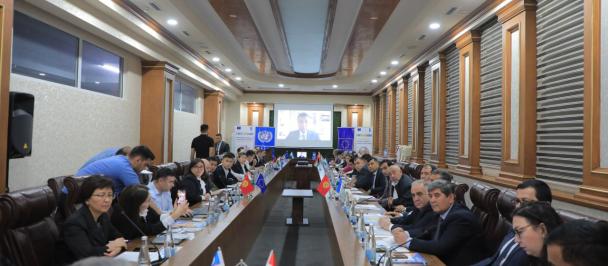The role of women in the development and implementation of climate policy in Uzbekistan
December 7, 2022
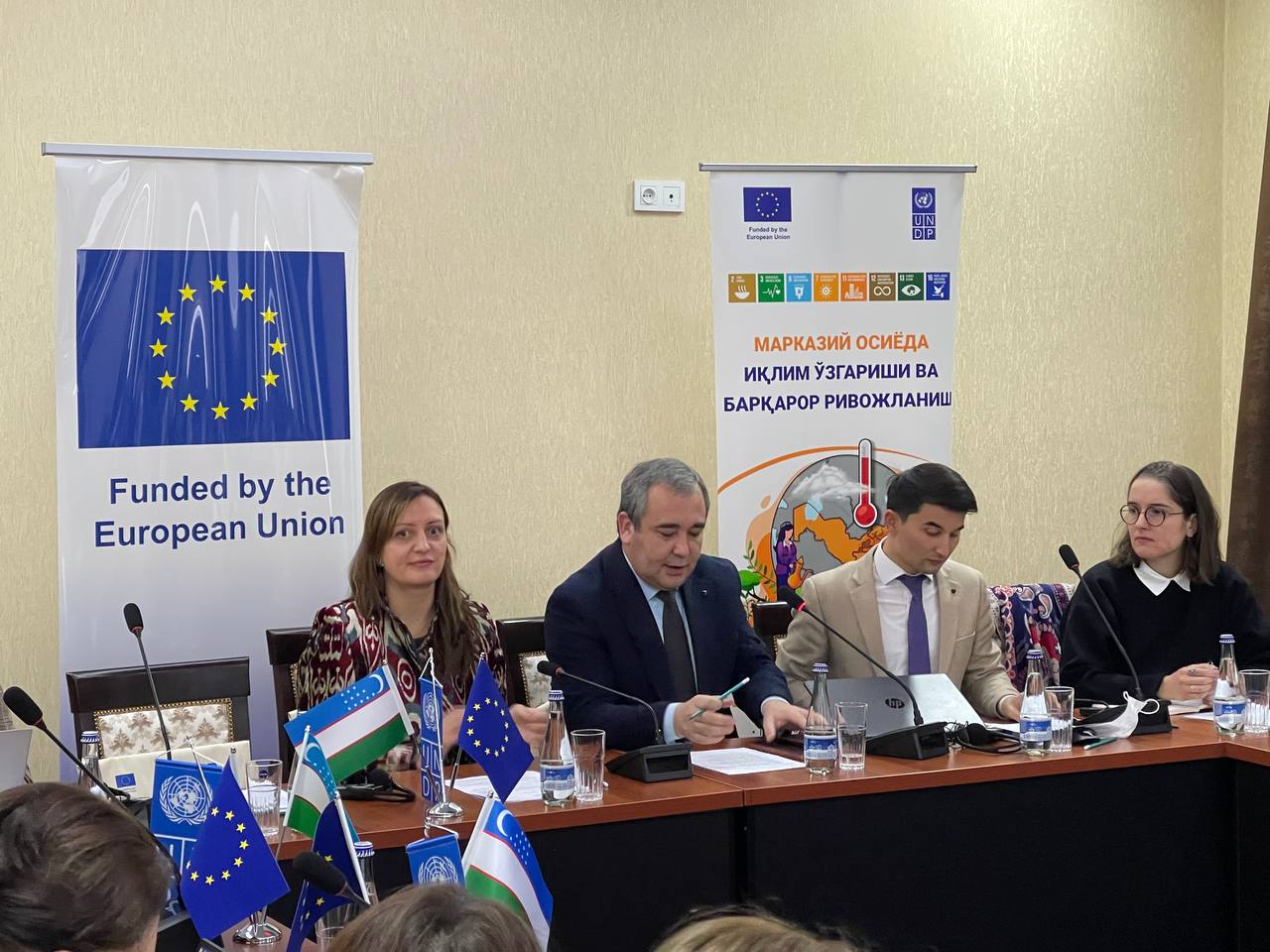
Human rights-based and gender-responsive climate action places a central role on the meaningful, informed and effective participation of women and girls of various backgrounds in relevant decision-making processes. In this area, Uzbekistan has adopted a number of legislative acts, including the adoption of decrees and resolutions of the President of the Republic of Uzbekistan on ensuring women's rights, in particular gender equality, protecting women from harassment and violence, and strengthening the status of women's entrepreneurship.
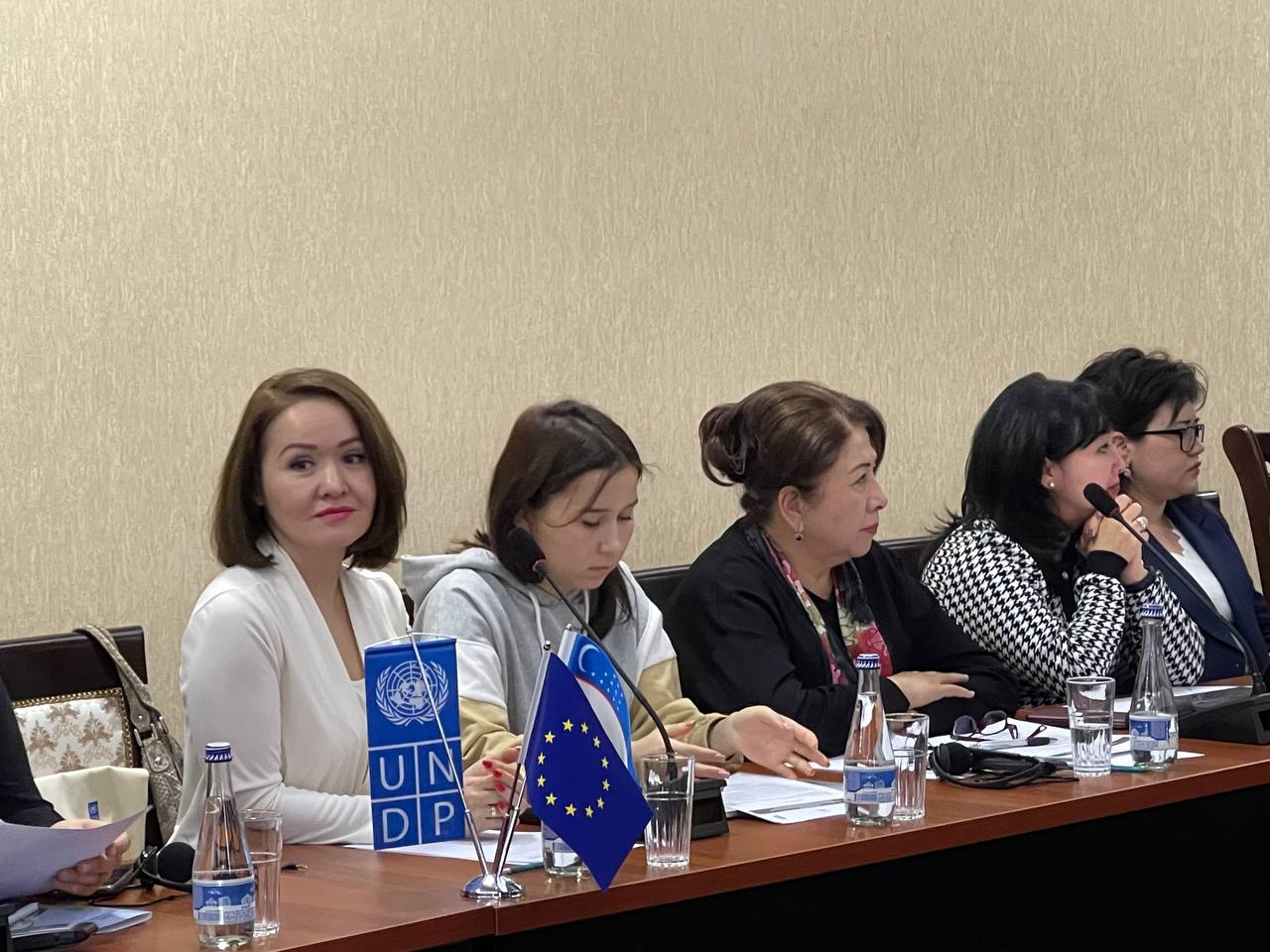
However, there are still questions: who forms climate policy in Uzbekistan? Is the gender aspect taken into account during its development and implementation?
Therefore, as part of the UNDP-implemented and EU-funded Uzhydromet project "Climate Change and Sustainability in Central Asia" an analysis of the inclusion of gender aspects in the development of 9 strategic documents in 4 development sectors, such as agriculture, water, energy, and emergency situations sectors was carried out. As result, all of the strategies and concepts under consideration are gender-neutral. Thus, a Roadmap for gender mainstreaming in the development and implementation of national climate change policy and 6 gender indicators were developed.
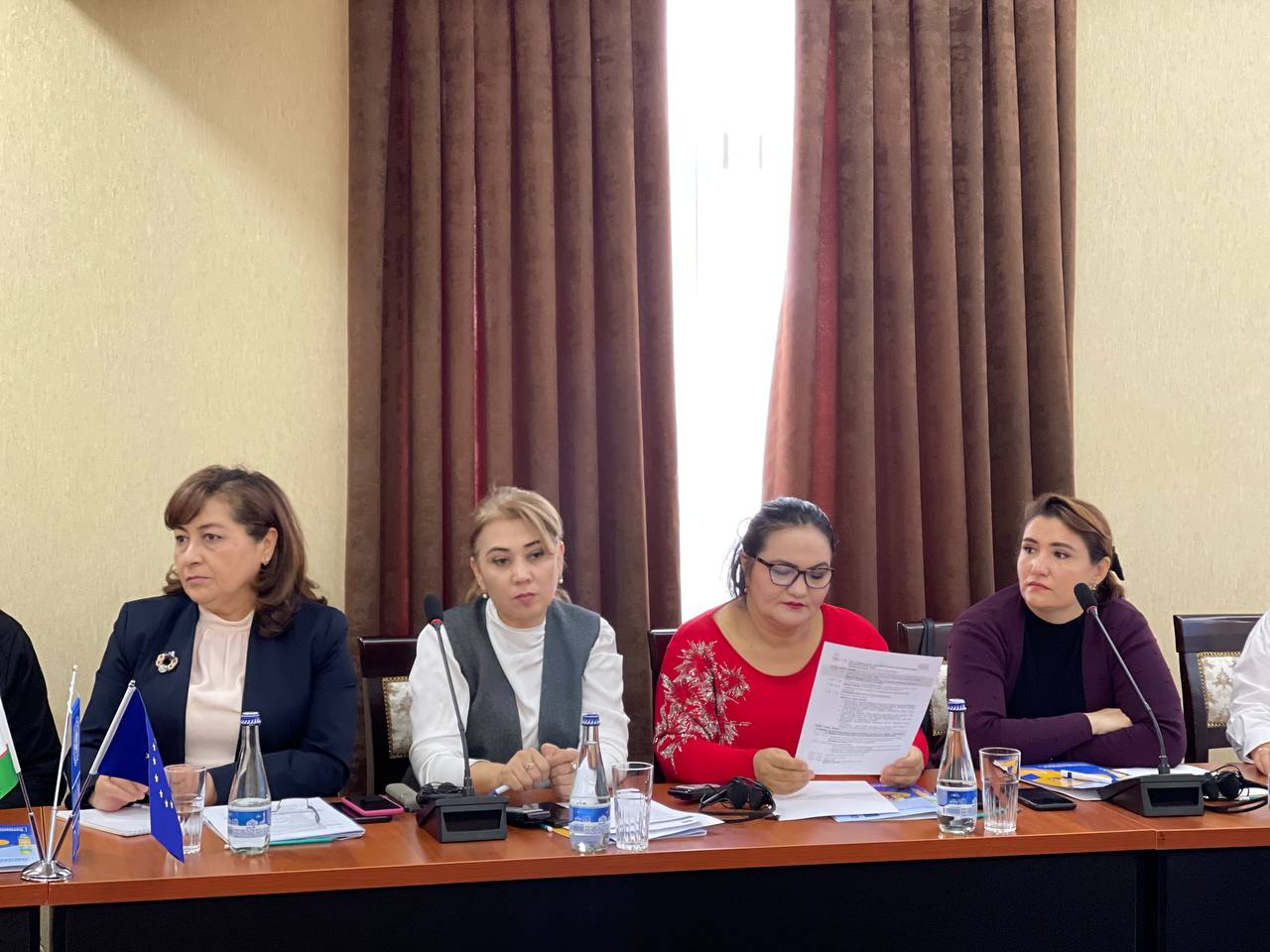
Today, UNDP together with Uzhydromet held a roundtable on "Gender Aspects in the Development and Implementation of Climate Change Policies in Uzbekistan”. Over 35 participants from Uzhydromet and its regional branches in Namangan, Andijan and Ferghana, the Ministry of Water Resources, the Ministry of Agriculture, NGOs, Xotin-Qizlar Association, the Ministry of Emergency Situations, bloggers with environmental topics, and other stakeholders gathered to discuss the results of the review and work jointly on Roadmap and proposed indicators.
The roundtable participants discussed the vulnerability of women to the effects of climate change. In addition, international standards on gender mainstreaming in climate policy and best practices were reviewed.

UNDP Deputy Resident Representative in Uzbekistan Doina Munteanu in her speech highlighted the importance of gender-oriented climate policies. “Since the scale of the impact of climate change on the livelihoods of people, especially women, is large, it means that there is a need for the formation of climate policy taking into account gender aspects” - she said.
At the end of the event, there was a discussion of the roadmap and gender indicators that the speakers identified as necessary to mitigate the effects of climate change on women.

 Locations
Locations